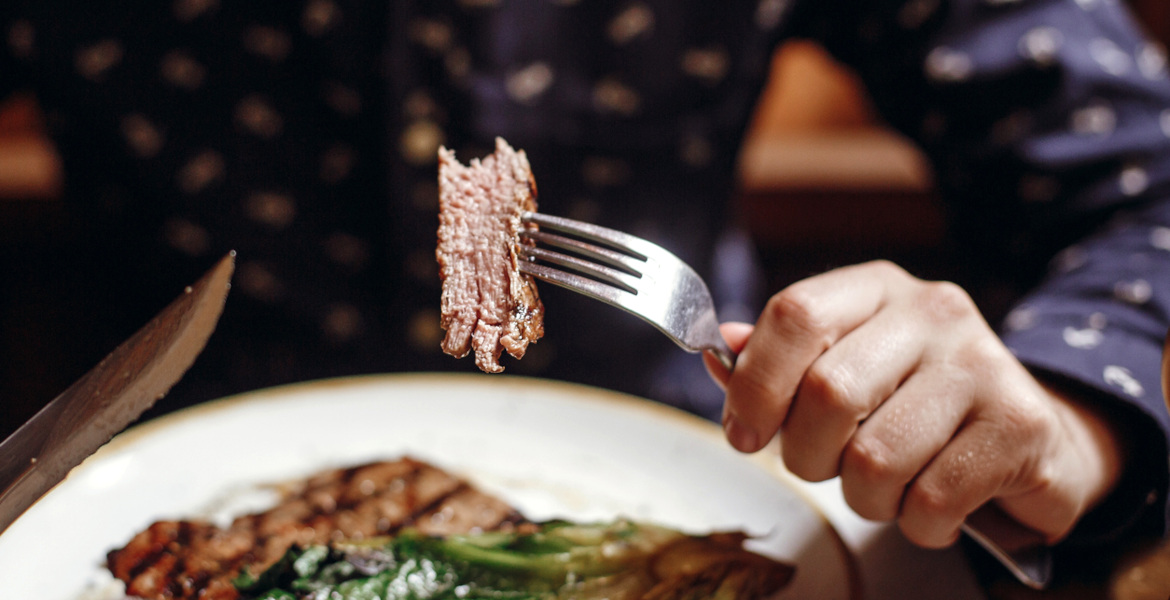Young Finnish men have a more positive attitude toward the church than young Finnish women, according to a new survey. Among other things, fathers are more likely to want their children to be baptized.
Historically, women have tended to be more religious than men and have traditionally passed on church traditions within the family. But this dynamic has begun to change in the last decade, says theologian and researcher Hanna Salomäki.
– Both young and older women have always been more religious, until the last decade. Then we began to see a change, with young men showing a greater interest in the church, she says to state channel Yle.
Fewer baptisms
A survey conducted by the Evangelical Lutheran Church of Finland shows that 42 percent of men aged 18-24 believe that the church’s values are in line with their own, compared to only 26 percent of the same group of women. In addition, 21 percent of these young men are considering becoming members of the church, compared to 9 percent of women.
Despite the generally low church attendance among Finns, many choose to get married and have their children baptized within the framework of the church. In this regard, men are slightly more positive about baptism than women: two-thirds of men consider baptism important, while just under half of women share this view.
– Baptism is still important, but many choose not to baptize their children. People want their children to be able to choose whether or not to join the church when they get older, says Salomäki.
Men more conservative
She emphasizes that today’s encouragement for men to openly express their faith may be a factor in the shifting dynamic, a change from the culture of silence of previous generations. Salomäki also notes that women tend to have more liberal attitudes than men, which can affect their church involvement.
– Men are more conservative and generally share a worldview where the church occupies a larger space. There are big differences in how young women and young men vote, for example.
The survey was carried out in March and April 2023 in 15 urban parishes and collected responses from 7,356 Finns. Similar surveys were previously conducted in 2018 and 2021.








